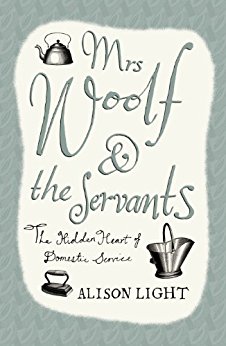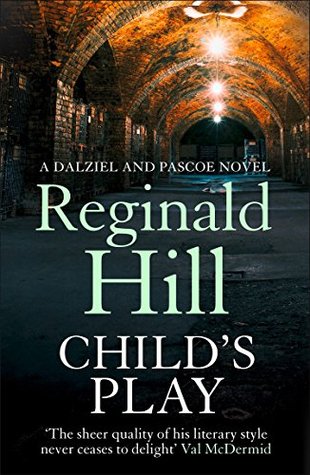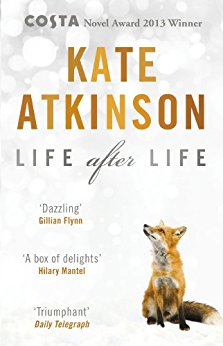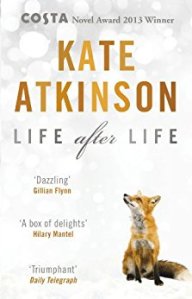
4*s
This is a novel and one that I think falls under the heading ‘literary novel’ with its symbolism and eloquent prose.
The story is mainly split between the 1970s with visits to World War I. Imogen Bailey’s brother Johnny is a champion swimmer. Their father is hoping that he will make the Olympic squad but maybe this is his dream and not Johnny’s. One day fifteen year old Johnny goes missing in the water in County Cork, no further sighting is ever made but Imogen never quite believes he drowned.
She therefore decides to write to Johnny, not as a story but as a way to sift through her memories and back them up with family documents; letters, school reports and diaries, hence the title of the book with premise that the result will be:
“a hopeful message sent out into the world, like a piece of paper in a bottle dropped into the sea”
Following Johnny’s disappearance Imogen stops speaking and is sent to a private hospital to recover. The real cause of her lack of voice is one strand of this fascinating story. The others concern Johnny’s disappearance and the links to the past with another family member sent to fight for his country.
Considering this is a fairly slim novel it is commendable that the writer has managed to condense a whole century of one family into its pages with no obvious bumps as she hurtles backwards and forwards giving the feeling of the natural echoes that her narrator finds in the trunk of old papers.
There are some absolutely fascinating characters within the book from Mathilde the housekeeper who converts religion as a way of fitting into country life following her move to Ireland after the war whose story sits next to that of the young German Bruno who makes such an impact on Johnny and Imogen. The stories of their trips to the cinema seemingly benign made this reader wince at the parts that both the youngsters were oblivious to.
This is a story told in layers, far more than is immediately apparent when reading the novel itself. I like and greatly admire authors who can allow you to read and enjoy but then give you the additional pleasure of uncovering some of the themes on reflection after that last page is turned. The trick of writing something that is seemingly uncomplicated but having hidden depths of course works well in conjunction of the narrator being absolutely convinced in the seemingly impossible, after all Johnny disappeared from the family some thirty years previously. A narrator unable to accept the inevitable after that length of time gives some doubt to her own memories whilst there can be no doubt in the written evidence provided.
Like so many other Irish writers the distinctiveness of the place of their birth is never far from the surface. The reader is well aware of Ireland’s ‘neutrality’ at the time of war so far in the distant past the bitterness of one mother for her son being sent needlessly to fight in the War has a different ‘flavour’ to those set in other parts of the UK. As with everything else in this novel though, the Irish hand is employed with a subtlety that is unusual.
This is Not a Novel is my fourteenth read in my 20 Books for Summer 2018 Challenge Yes, I declare that I resoundingly failed at this challenge this year!!
First Published UK: 2002
Publisher: Headline Review
No of Pages: 224
Genre: Contemporary Fiction
Amazon UK
Amazon US































